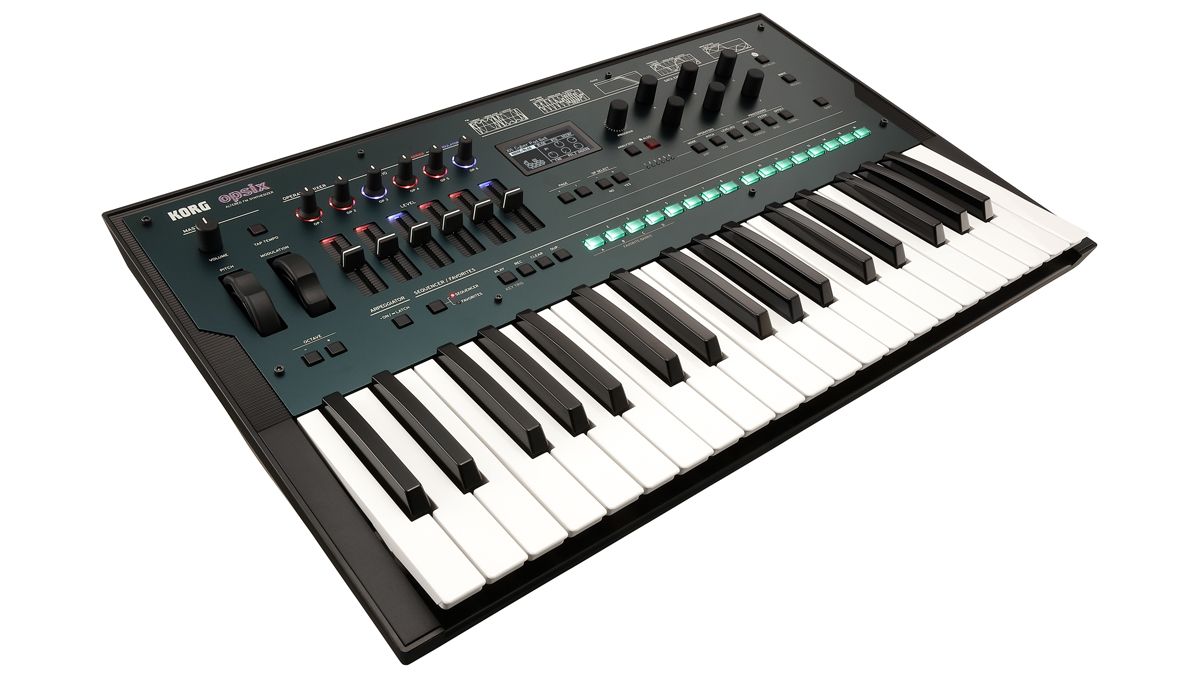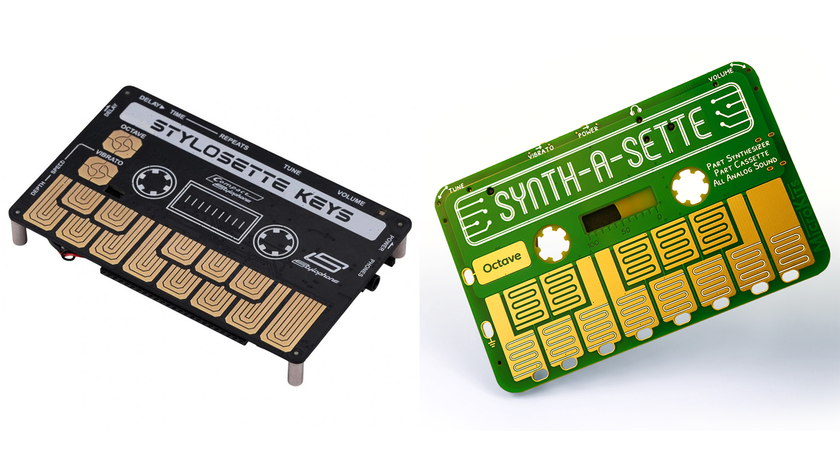Korg’s opsix is here to make you "rethink everything you know about FM synthesis"
New 37-note synth promises to make exploring FM easier than ever before

The first we saw of Korg’s opsix was at NAMM 2020, when the company showed a very early version of what appeared to be a DX7-style FM synth. Now, 10 months on, it’s officially been launched, albeit in a revised and far more compact format.

With the opsix, Korg is seeking to do for FM synthesis what it did for wave sequencing with the Wavestate: update it and make it more accessible. So, the opsix is described as an “altered” FM synthesizer that promises to make exploring FM easier than ever before.
The synth is built around a new six-operator sound generator that’s designed to reimagine the FM sounds you’re used to. There’s a more diverse range of waveforms and operator modes, plus a filter that incorporates elements of subtractive synthesis (both MS-20 and Polysix filter types are included, for example). The theory is that you’ll have analogue-style control over digital sounds.
In keeping with this philosophy, the opsix’s top panel is full of knobs and sliders. There’s a hands-on operator mixer, plus six data entry knobs which, when used in combination with the OLED display, promise to significantly ease the editing process.
Thanks to its five operator modes, the opsix can generate sounds far outside the realm of FM, and there are also 40 preset algorithms (an algorithm being a combination of different operator roles and connections). You can also create your own algorithms from scratch.
Modulation comes courtesy of three EGs and three LFOs, and there are 12 virtual patches to give you plenty of routing possibilities. You can also use up three effects, choosing from 30 types.

When it comes to playing the opsix, you have a 37-note keyboard at your disposal, while the powerful polyphonic note sequencer lets you record up to six notes per step. You can also adjust the velocity, gate time and playback timing for each note, and record changes of up to six parameters using the motion sequencer.
Get the MusicRadar Newsletter
Want all the hottest music and gear news, reviews, deals, features and more, direct to your inbox? Sign up here.
Finally, if all else fails and you get completely stuck, there’s a configurable randomise option, which will generate a new sound for you.
The opsix will start shipping in December priced at £699/€799. Find out more on the Korg website.



I’m the Deputy Editor of MusicRadar, having worked on the site since its launch in 2007. I previously spent eight years working on our sister magazine, Computer Music. I’ve been playing the piano, gigging in bands and failing to finish tracks at home for more than 30 years, 24 of which I’ve also spent writing about music and the ever-changing technology used to make it.





![Chris Hayes [left] wears a purple checked shirt and plays his 1957 Stratocaster in the studio; Michael J. Fox tears it up onstage as Marty McFly in the 1985 blockbuster Back To The Future.](https://cdn.mos.cms.futurecdn.net/nWZUSbFAwA6EqQdruLmXXh-840-80.jpg)






